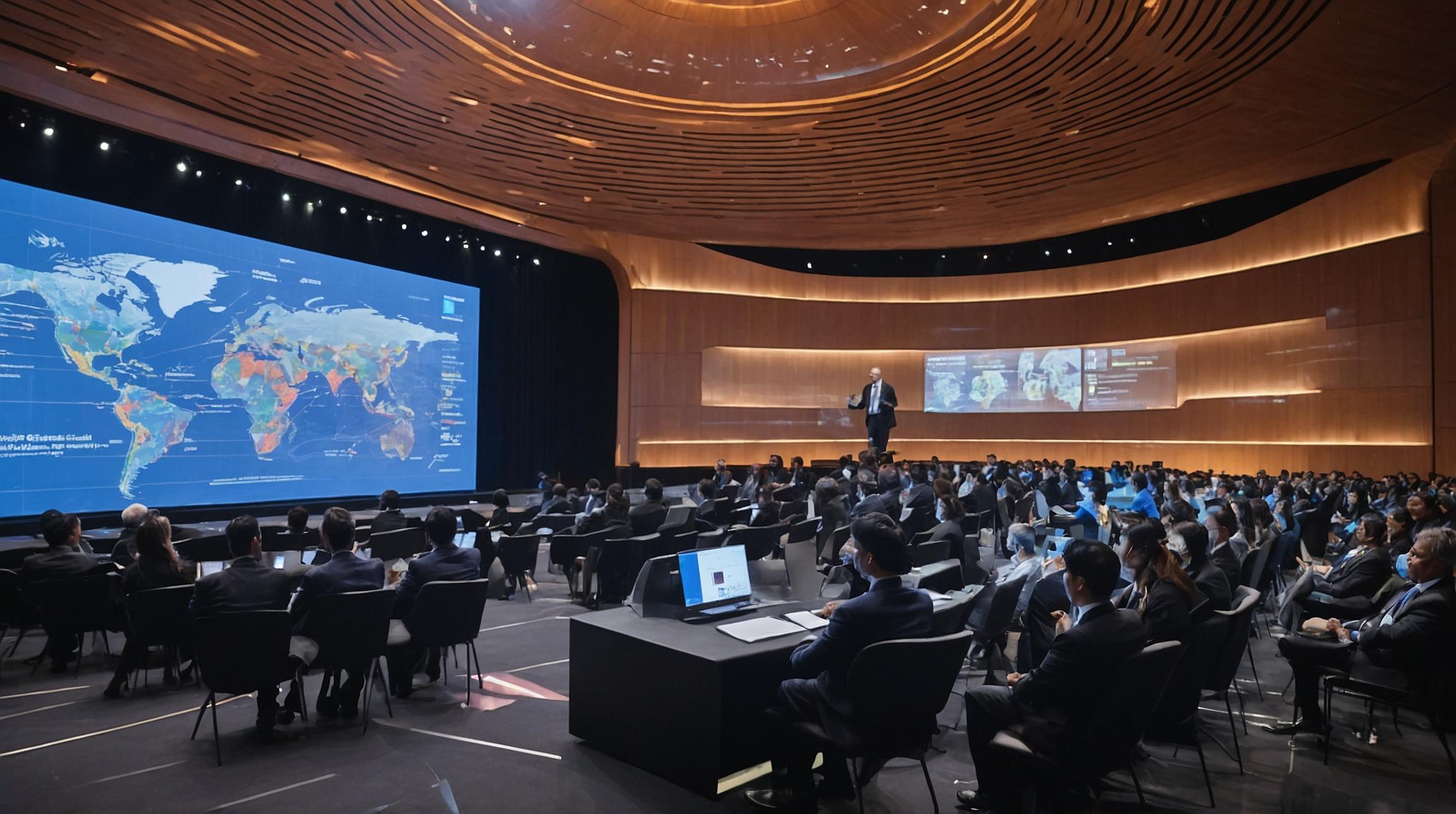The Rise of Artificial Intelligence in the Digital Economy
Artificial Intelligence (AI) has emerged as a central driver of innovation, transforming various sectors of the digital economy. However, as AI technologies expand rapidly, there is growing concern that the industry might become oligopolistic, especially under the dominance of Big Tech companies like Microsoft and OpenAI. An oligopoly occurs when a small number of companies hold substantial control over a market, reducing competition and potentially limiting innovation.
BRICS' Role in AI Regulation
The BRICS nations—Brazil, Russia, India, China, and South Africa—are increasingly looking at how competition authorities can collaborate to regulate AI effectively. A recent seminar at the Shanghai Jiao Tong University's School of International and Public Affairs discussed this issue, with experts from BRICS countries sharing insights on the future of AI regulations.
Case Study: Microsoft and OpenAI
The partnership between Microsoft and OpenAI exemplifies the potential risks. Their collaboration, marked by significant investments and product integrations, illustrates how such partnerships can escape traditional regulatory scrutiny. This situation raises questions about the strategic independence of AI service providers and the impact on competition and innovation.
Integrating Systems Analysis for Better Regulation
Elena Rovenskaya from the Advancing Systems Analysis (ASA) program highlighted the importance of using integrated systems analysis in regulatory frameworks. This approach uses tools like system dynamics modeling and causal loop diagrams to map complex interactions within the digital economy. For instance, these tools can help illustrate how collaborations like that between Microsoft and OpenAI might impact market competition and innovation.
ECOANTITRUST Findings
The ECOANTITRUST project has explored the consequences of strategic partnerships in AI. Their findings suggest a loss of strategic independence for AI providers due to collaborations with Big Tech. Public discussions and governance controversies around the Microsoft-OpenAI partnership highlight the need for regulatory bodies to consider these dynamics.
Global Calls for Harmonized Regulation
The seminar's participants emphasized the urgent need for harmonized regulation that incorporates systems-led analysis. Such regulations could better address the complexities of the digital economy and prevent a concentration of power that stifles innovation.
Conclusion: A Path Forward
The discussions at the BRICS seminar underscore the critical role of international cooperation in shaping AI regulations. By leveraging systems analysis and fostering collaboration among competition authorities, there is potential to create a regulatory environment that promotes competition and protects societal welfare.













